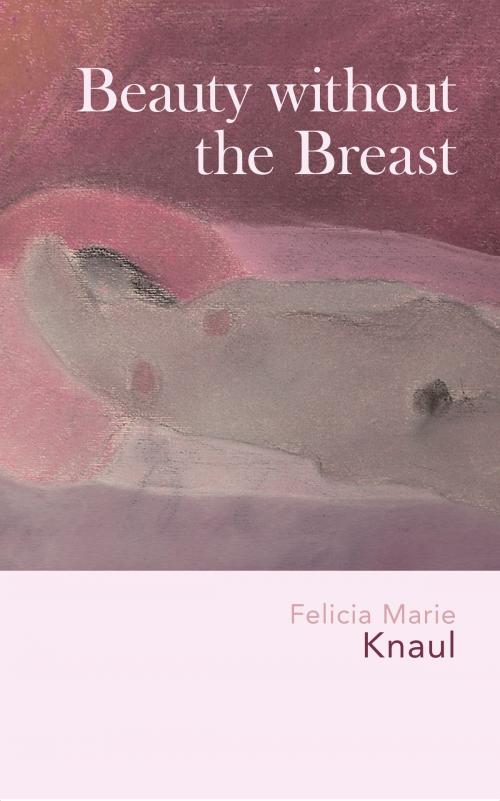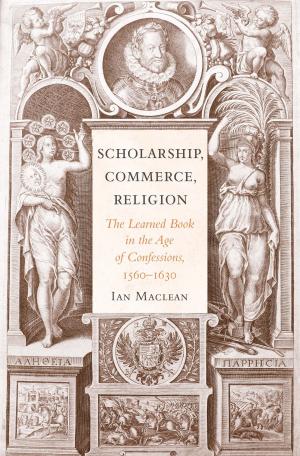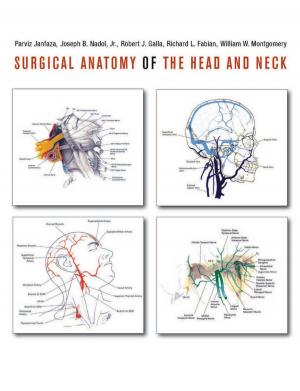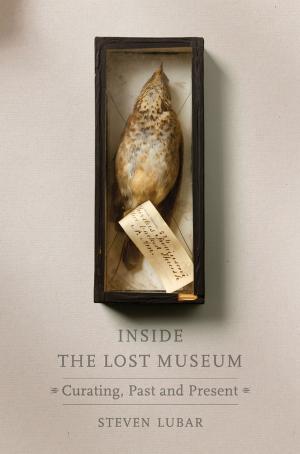Beauty without the Breast
Nonfiction, Health & Well Being, Health, Health Care Issues, Medical, Ailments & Diseases, Diseases, Social & Cultural Studies, Social Science| Author: | Felicia Marie Knaul | ISBN: | 9780982914465 |
| Publisher: | Harvard University Press | Publication: | January 14, 2013 |
| Imprint: | Harvard University Press | Language: | English |
| Author: | Felicia Marie Knaul |
| ISBN: | 9780982914465 |
| Publisher: | Harvard University Press |
| Publication: | January 14, 2013 |
| Imprint: | Harvard University Press |
| Language: | English |
Felicia Knaul, an economist who has lived and worked for two decades in Latin America on health and social development, documents the personal and professional sides of her breast cancer experience. Beauty without the Breast contrasts her difficult but inspiring journey with that of the majority of women throughout the world who face not only the disease but stigma, discrimination, and lack of access to health care. This wrenching contrast is the cancer divide — an equity imperative in global health. Knaul exposes barriers affecting women in low and middle-income countries and highlights the role of men, family, and community in responding to the challenge of breast cancer. She shares striking data about breast cancer, a leading killer of young women in developing countries, and narrates the process of applying this evidence and launching Tómatelo a Pecho (also the book title in Spanish)— a Mexico-based program promoting awareness and access to health care. The book concludes with letters from Dr. Julio Frenk, her husband and former Minister of Health of Mexico, written while they shared the trauma of diagnosis and treatment. With force and lucidity, the book narrates the journey of patient and family as they courageously navigate disease and survivorship.
Felicia Knaul, an economist who has lived and worked for two decades in Latin America on health and social development, documents the personal and professional sides of her breast cancer experience. Beauty without the Breast contrasts her difficult but inspiring journey with that of the majority of women throughout the world who face not only the disease but stigma, discrimination, and lack of access to health care. This wrenching contrast is the cancer divide — an equity imperative in global health. Knaul exposes barriers affecting women in low and middle-income countries and highlights the role of men, family, and community in responding to the challenge of breast cancer. She shares striking data about breast cancer, a leading killer of young women in developing countries, and narrates the process of applying this evidence and launching Tómatelo a Pecho (also the book title in Spanish)— a Mexico-based program promoting awareness and access to health care. The book concludes with letters from Dr. Julio Frenk, her husband and former Minister of Health of Mexico, written while they shared the trauma of diagnosis and treatment. With force and lucidity, the book narrates the journey of patient and family as they courageously navigate disease and survivorship.















